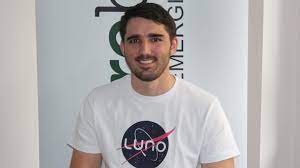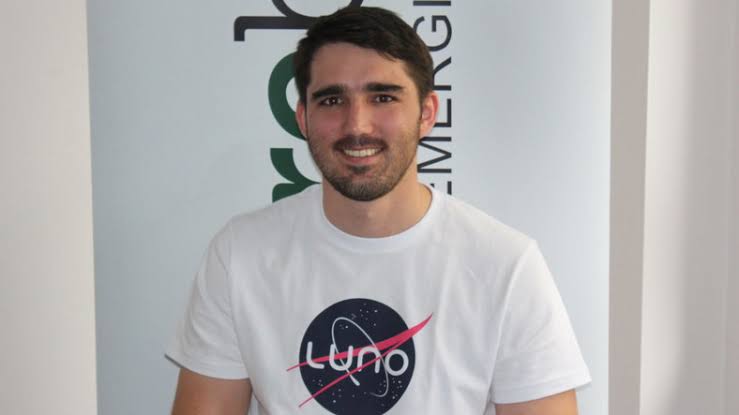The Cryptocurrency Year in Review – Record Highs and Growing Maturity
By Marius Reitz
The cryptocurrency world in 2021 was buoyed by a number of high-profile institutions and businesses investing in crypto at far greater scale than previously seen, driving crypto’s evolution into what is now a multi-trillion-dollar asset. Bitcoin and ether, the two largest cryptocurrencies by market cap, recorded new all-time highs and El Salvador became the first country to adopt crypto as legal tender.
All-time highs
The bitcoin price burst through its all-time high of US$68 000 on 5 November, showing a massive increase on the $28 000 range in which it was trading in December last year. But the crypto market also took some brutal hits. Cryptocurrencies are still a new alternative asset class and volatility is expected to characterise crypto for a while yet.

Businesses and institutions get on board
In the US, where regulation allows for entry into crypto, sophisticated firms like Fidelity, Goldman Sachs and JPMorgan are entering the crypto market and the Proshare Bitcoin ETF (world’s first bitcoin ETF) saw record inflows into the fund.
Read also Funding: How Nigerian Crypto Startups Fared In 2021 Despite CBN Ban
Microstrategy, the Nasdaq-listed business intelligence company, continued to buy additional bitcoin during the year and now has holdings worth about $6-billion. The move was widely viewed as a green light from corporate US for crypto.
Fintech and traditional payment providers began to adopt blockchain and crypto solutions, with giants PayPal, Venmo, Mastercard and even Twitter allowing customers to transact in bitcoin. In South Africa, Capitec and Discovery Bank formed partnerships to list crypto as a new product offering.
Maturity
Digital assets and crypto businesses showed massive growth and significant market cap gains, indicating maturity in the sector. Coinbase debuted in 2021 as the biggest digital asset listing in history, coming to market at twice the valuation of Nasdaq. This has been positive for the industry, increasing trust and transparency. Having a public company of this size shows those crypto-related businesses — and the crypto asset class — should be taken seriously. The crypto sector is now valued at more than $3-trillion.
Crypto’s value for emerging economies
El Salvador became the first country in the world where bitcoin is considered legal tender, which means that retailers are legally obliged to accept it as payment. The move was met with fierce support and fierce criticism, but it does confirm the value of cryptocurrencies as a way for developing economies to bypass a global financial system which relies on unfavourable loans and is geared towards the world’s richer countries and individuals.
Crypto as an asset vs payments use case
On Luno, the number of monthly active customers buying or selling crypto doubled from last year. We’re seeing customers hold their crypto for on average 10 months, compared to an average of just three months in 2017. This is perhaps an indication that we are in the early stages of moving away from pure speculation to some customers seeing longer-term value.
Read also How Crypto Could be Like the Music Industry
While we’re still in the asset phase, we are seeing slow but continuous growth.
Regulation
Globally, we have seen movements to regulate crypto. Draft regulations were announced in 2021, and South Africa’s regulators have taken a pragmatic approach to regulating crypto. Luno is in favour of regulation of the sector and believes that the adoption of regulations will result in positive spinoffs for the industry.
Read also Binary Innovative Technology Solutions on a Drive to Support its Growth
Globally, a number of central banks have issued digital currencies. Nigeria launched the e-Naira in 2021 and South Africa is investigating a digital currency, which shows central banks bringing crypto closer.
Marius Reitz is the General Manager for Africa at Luno
Kelechi Deca

Kelechi Deca has over two decades of media experience, he has traveled to over 77 countries reporting on multilateral development institutions, international business, trade, travels, culture, and diplomacy. He is also a petrol head with in-depth knowledge of automobiles and the auto industry








